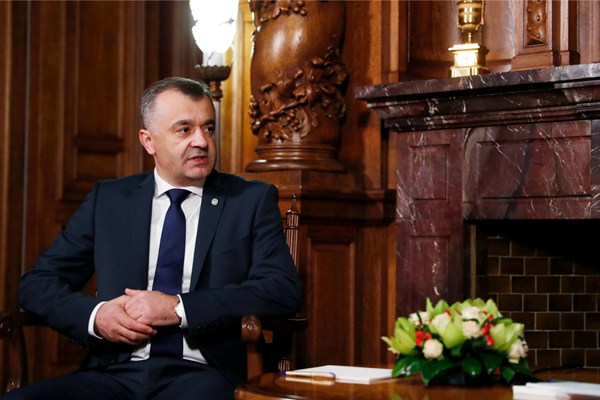Over the past year, Moldova has seen perhaps its most unexpected series of political developments since it first emerged as an independent state from the breakup of the Soviet Union in the early 1990s. It has been a case study in how post-communist countries mired in kleptocratic corruption can break free from the grip of politically influential oligarchs and help reorient their countries on a path of transparent government and reform.
First, over the summer, the most surprising governing coalition in the country’s history took root. After a months-long political stalemate following inconclusive parliamentary elections last February, the pro-Western ACUM bloc and the pro-Russian Socialists paired up to oust the country’s most powerful political figure, shadowy oligarch Vladimir Plahotniuc, whose Democratic Party had led a coalition government since 2014. A self-proclaimed Westernizer, Plahotniuc was in fact more interested in transforming Moldova into a sink of post-Soviet corruption. Remarkably, the coalition between the Socialists and ACUM enjoyed the backing of both Washington and Moscow, a rarity in Eastern Europe.
But the unlikely government, led by reformist Prime Minister Maia Sandu, eventually faltered in November due to a disagreement between the two parties over the process for appointing a new prosecutor general. ACUM wanted a truly independent prosecutor, which the Socialists were unwilling to stomach. The Socialists subsequently backed a no-confidence measure against Sandu, who was replaced by Ion Chicu, a former finance minister under pro-Russian President Igor Dodon.

